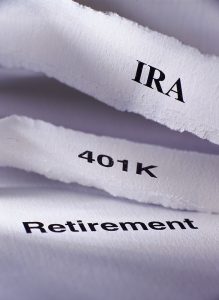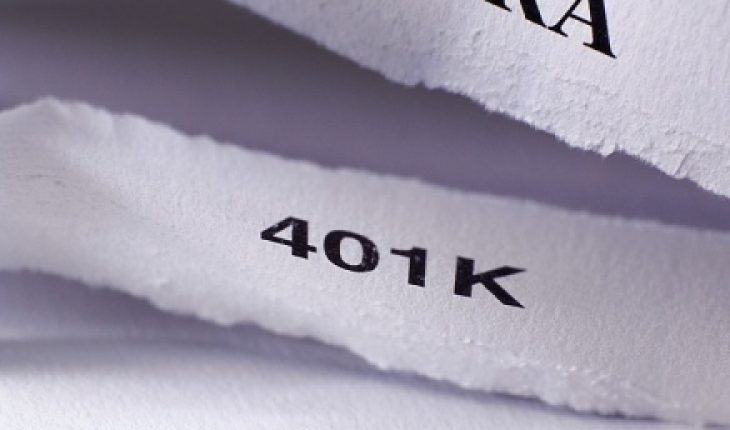The total 401k contribution you can make changes per year. For 2009 it’s $16,500 for those under 50. For senior citizens it is $20,000. For 2010, the total contribution will be adjustable based on inflation rates.
Employer Benefits
If your company has a 401k plan, take part in it. In some cases it may be compulsory. But if it’s voluntary you should take part. This has several benefits. For one, the deposit made will increase as your salary goes up.
These programs automatically set aside your salary for the deposit. This means you don’t have to worry about making that 401k contribution on time and regularly.
Employer Contribution
The other advantage is that some companies offer employer contributions too. That is, for the amount you deposit to 401k your employer will also give an amount. This translates to bigger savings on your part. The two can combine to increase the interest. At the same time, it also limits the tax liability.
The Catch Up Plan
If you’re over 50 and want to make additional deposits, you may do so. The current rules state the catch up plan has a restriction of $5,500. The figure was $5,000 in 2008. As with the rest of the 401k contribution, the one for 2010 will be subject to review.
Tax Rules on Employer Contributions
The limit for the employer contribution is determined by tax laws. Currently it is pegged at 6%. If the compensation is $100,000 the maximum deposit for 2009 will be $16,500.
With the 6% restriction the maximum an employer can give is $6,000. In total the money would be $22,500. This figure is only applicable if the contributions are made regularly.
But if you are over 50 the amount would be $28,000. This is due to the additional deposits you’re entitled to make.
For Highly Compensated Employees
The 401k contribution rules are slightly different for these individuals. Assume your salary is over $100,000. In this instance the deferrals cannot exceed over 125% of ADP. If the amount goes over, it will be reverted back to the employee. It can be added but it will be an after tax contribution.
Those who fall under the category of Highly Compensated Employees need to assess the situation with their employer. Needless to say, the IRS must be told of what the current situation is. The proper IRS forms will be 1040. For the employee it’s 1099 Form R.
Cashing Out Early
If you cash out early, there will be a 10% tax penalty. This does not even count in the State and Federal tax. Unless you really need the money, taking out the 401k early is not recommended.
If you aren’t sure of the tax laws in your area, consult a tax expert. You should also talk with your financial adviser to see if you can make contributions to an IRA account as well.
It’s important that you make the 401k contribution as early as possible. The more you contribute the more interest it will earn. It can mean a huge difference down the road.

